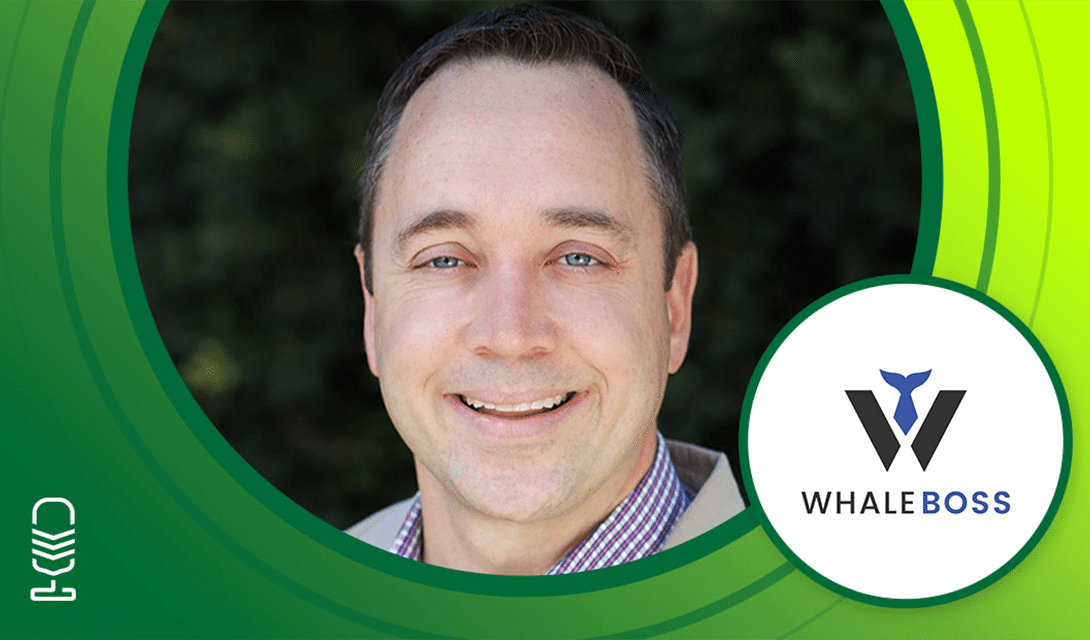Fuel Growth Podcast: From Referrals to Sales Success
On this episode of the Fuel Growth podcast series, Ryan Staley, CEO and founder of Whale Boss, joins hosts Clint Oram, Co-Founder and Chief Strategic Officer, and Lizzy Overlund, Global Customer Experience Director at SugarCRM, to share how he measures success, how to leverage referrals to decrease time-to-sales, and why too many enterprises are tripping over dollars to pick up pennies.
Growing Your Business: Perception vs. Reality
There may be times when your business growth strategy doesn’t yield the results you expected. It’s essential you take a step back from your initial expectations and focus on your actual results instead. “More often than not, there’s something wrong in the sales process if you need 6 times the amount of pipeline to close. […] The beautiful thing is a lot of people think you gotta throw people at it, and 9.5 times out of ten, you don’t need to add a single person. You can just suggest what you’re doing and make really big jumps in growth”, says Ryan.
An Underrated and Overlooked Strategy
What is one of the most overlooked methods of generating more revenue? From Ryan’s experience, it’s customer-to-prospect referrals: “Pipeline will close in half the amount of time, with twice the conversion rate and 90-95% of companies aren’t doing it. So it’s literally like bags of money sitting on the floor, and people are jumping over it to pick up a penny. It’s crazy.”
Failing to Apply Sales Methodologies
Working with sales teams to help them uncover and fix their pain points, Ryan has noticed a recurring misconception about sales methodologies: “One of the biggest lies […] is that a sales methodology is gonna fix everything […] The sales methodology that most people use as a default is MEDDPIC [Metrics, Economic Buyer, Decision Criteria, Decision Process, Identify Pain, and Champion] for enterprise deals? There are some really good things about MEDDPIC, but MEDDPIC was created […] before the iPad even existed. How much has the world changed since then? And it was created by a company with $300 million in revenue. Imagine you’re a $10 million company in revenue, and you’re trying to apply what works for a $300 million company in your business. And it doesn’t work.”
Leaders: It’s Not Personal
We wanted to know what mistakes Ryan learned from and improved upon as a sales leader. His number one mistake—taking things too personally: “By nature, salespeople are some of the biggest risk-takers, extroverts […] You have to take what they’re doing with a grain of salt because they’re just trying to look out for themselves […] that’s something you have to be very careful about.
To find out more about what it’s like to run a sales enterprise and what you can do to improve yourself as a sales rep or a sales leader, listen in on the podcast conversation here.

